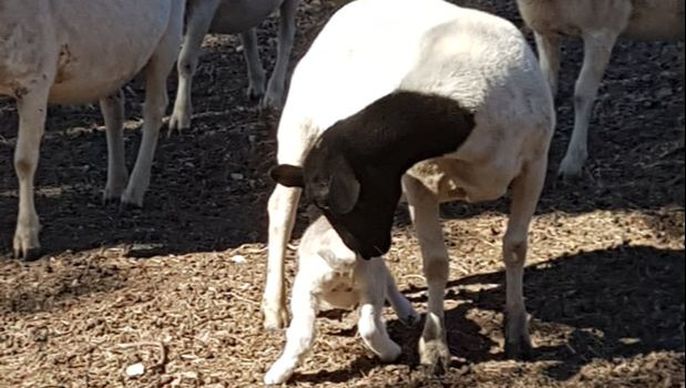|
The last students have left the classroom, the last assignments marked - and my first semester of teaching has come to an end. From what appeared to be a sea of blank faces who couldn’t care less about podcasting, to a set of new producers of sophisticated works which revealed the personalities I've come to know and enjoy, teaching has taught me a great deal.
I worked closely with Lea Redfern and Tina Matalov to bring about a transformation from 180 newcomers to a batch of committed and bravely experimental makers. Not one stayed bored for long and our attendance sheets were remarkably full. One of the things we discussed a lot with our students was the impact of location recording. A few weeks ago I recorded a conversation with Professor Jaky Troy about linguistics of place, of names, about the Indigenous traditional Barangaroo. About the starscape, seascape and landscape of a rebuilt and recently reopened headland on Sydney Harbour. To do this I could have walked across the campus from the lecture room to Professor Troy's office. But instead we decided speaking in place at Barangaroo as the water lapped round the shoreline, was essential to a sense of the story for our listeners. We wanted to speak of things we could see in front of us, rather than of abstractions. We could look out across the water to Goat Island and speak of Barangaroo fishing with her partner, Bennelong and imagine her walking beside us so much more easily than from inside the bricks and mortar of the University of Sydney. We had chosen a chilly autumn night in order to see the ghosts of the stars she too had seen and we sat on rough sandstone and drank tea and chatted easily. And of course, the sounds of the water, the scratch of stone as we shifted in our seats, the hum of ferries going past - the place was perceptible in the rhythm of our speech, the tense and subjectivity of which we spoke, and in being there I hope we will bring our listeners with us. This pilot for The Celestial Picnic Podcast was made all the more magic for the presence of the spirit of Barangaroo. As the interview came to a close and we were able to imagine her strolling past on her traditional country Jaky was very moved, which came through in the quaver of her voice. Another more quick and dirty project was a series of short interviews about organic farming at Highfield Farm and Woodland, near Tumut. Again, the we were in place - we came face to face with a mother sheep and her newborn lambs and heard them cry as she struggled to bond - her story developed over a few days and every day the lambs cries grew stronger and our conversation less urgent and we journeyed in place and diegetic sound towards a happy ending. In the evening the hills grew echo-y about the vital role of woodland reserves and regeneration, and we spoke about herding animals on foot and never with vehicles or dogs, as around us the sheep and lambs settled for the night. In the morning we chatted in the kitchen where the clatter of jars and the pouring of liquids punctuated a conversation about making kombucha. All this brings the listener with you and invites them in just as the interviewee feels more grounded and 'at home', and their communication reflects this. But don’t feel you ‘have’ to provide an evocative space for your interview. A third project launched this week - a five-part series called Prevention Works, which I produced and hosted. Prevention Works is a niche podcast on public health and chronic disease, looking at the broader issues that have an impact but which we rarely think about - from law to nutrition to food affordability. These were one-on-one interviews about abstract ideas - there was no need to situate the listener in space. Certainly the fascination of the material to me as a layperson in a role of 'translator' of complex and longstanding research projects into accessible language was enough, I think, to carry the stories forward. But to deepen the content I asked about the personal history of the researcher, and more than once emotions came to the surface that were unexpected, but revealed the passion behind the intellect. It’s been a big week, and there’ll be more of both Barangaroo and public health to come... and let’s not start on what I figured out from my PhD reading this month - I just love every aspect of this work, which brings the world to my doorstep!
3 Comments
|
AuthorRadio maker and passionate environmental communicator, Gretchen Miller is available to make you a podcast or teach you how to tell your story. Archives
August 2018
Categories
All
|
Proudly powered by Weebly

 RSS Feed
RSS Feed